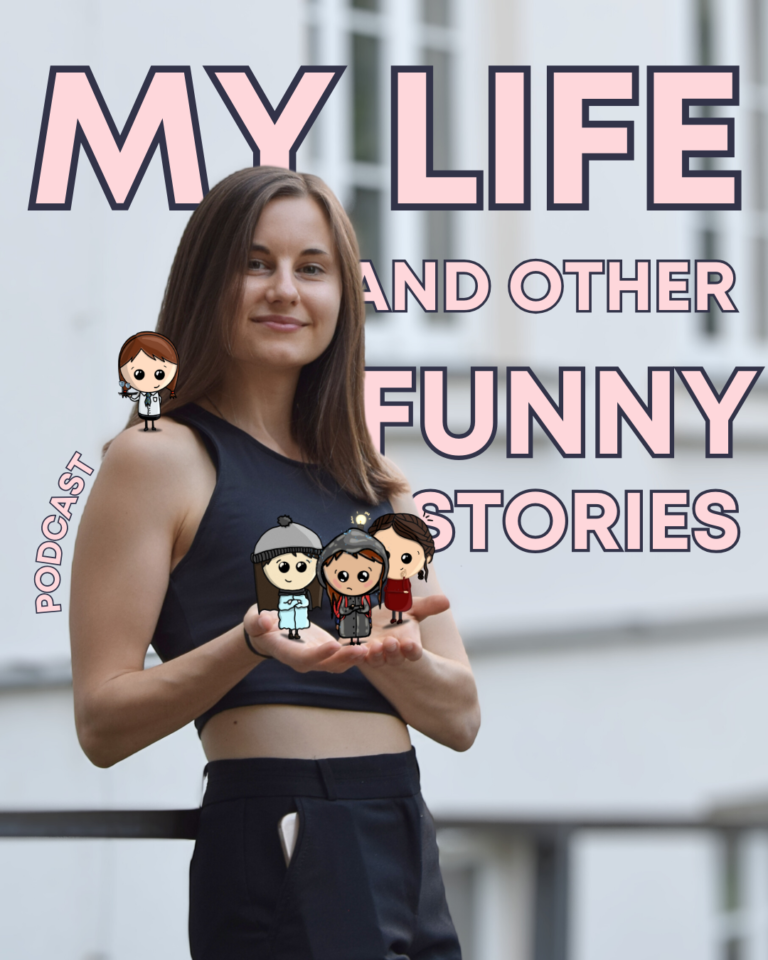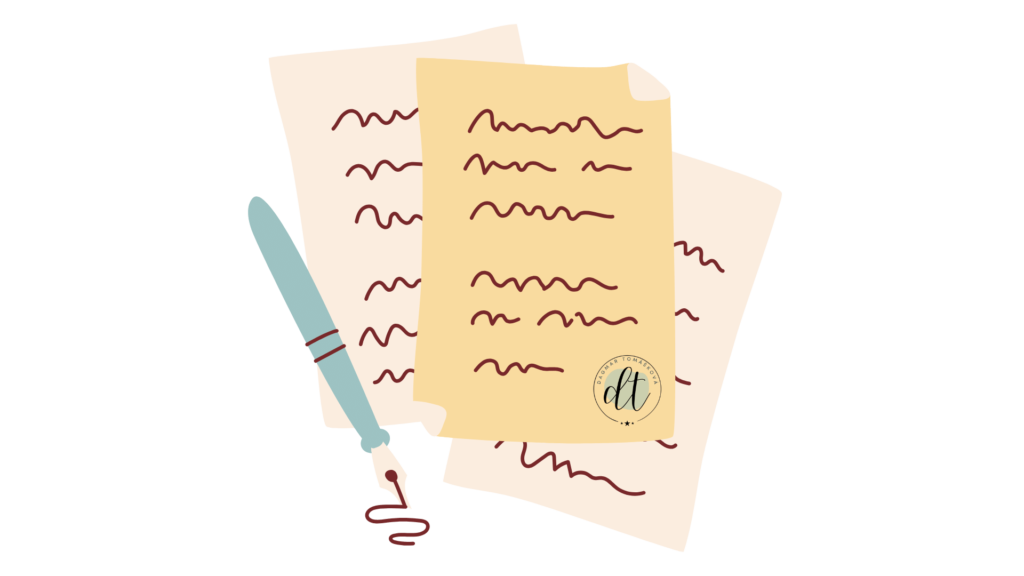
Ep.79: British vs. American English – A Small Analysis!

Today, it is going to be a little bit of a shorter episode but that doesn’t mean that it is not worth listening! Because we’re looking at one of the greatest competitions of all time — I’m talking about British vs. American English.
LISTEN TO THE EPISODE HERE:
Soon!


WRITTEN TRANSCRIPTION OF THE PODCAST
Hello and welcome to my podcast My Life and Other Funny Stories. My name is Dagmar Tomášková, I am an English tutor and coach and I created this podcast for English students who want to improve their oral comprehension. As always you can find the transcription of this episode and vocabulary list in the notes of the podcast.
Today, it is going to be a little bit of a shorter episode but that doesn’t mean that it is not worth listening! Because we’re looking at one of the greatest competitions of all time — I’m talking about British vs. American English.
You think learning English is hard? Imagine mastering it and then realizing you have to learn two versions. Of course, British and American English are very similar but we can see a lot of differences. So let’s look at it!
Vocabulary
Let’s start with vocabulary — because why use one word when we can have two that mean completely different things?
- Chips — Brits order „fish and chips“ and get a warm, satisfying meal. Americans hear „chips“ and expect Doritos. Imagine the disappointment. So in Britain, chips are fried potato sticks and in US they are the salty snack in a bag. If you want to order fish and chips in the US, you need to ask for fish and fries or “french fries”.
- Pants — In the US, pants are what you wear on your legs. In the UK? Pants means underwear. So if you tell a British person „I like your pants,“ you’ve basically just complimented their underwear. Congrats.
- Rubber — Americans: a condom. Brits: an eraser. I remember learning the word “a pencil and a rubber” in elementary school, and of course, it is not incorrect but once I started learning American English more, I just stopped using that word and started using the word “eraser”.
- Biscuit — Brits dunk their biscuits in tea – it is like a cookie. But if you say “a biscuit” to an American, they expect buttery, flaky pastry covered in gravy. Same word, wildly different snack expectations.
Accents!
- Brits love dropping their Rs at the end of words. It’s „cah“ not „car.“ Americans, meanwhile, sound like pirates — „carrrrrr.“
- „Tomato“ vs. „Tomahto“ — Let’s call the whole thing off because no one’s changing their mind.
- „Aluminium“ (UK) vs. „Aluminum“ (US)
Problem with U!
- Americans kicked the „U“ out of „colour,“ „favourite,“ and „humour.“ They probably thought, „Who needs extra letters?”
British Understatement vs. American Enthusiasm
What I mean by that? British people don’t overexaggarate stuff while Americans are sometimes super animated about everything. Here’s the politeness breakdown:
- Brits: „Not bad“ = Pretty good.
- Americans: „Oh my God, that’s AMAZING!“ = It was fine.
So when a Brit says „It’s quite nice,“ they might love it — and when an American says „That’s the best thing I’ve ever seen!“ — they probably mean „It didn’t suck.“
Whether you’re a „cheers, mate„ kind of person or a „howdy, y’all„ type — the important thing is: they all speak English… kind of.
Now, tell me — do you prefer British or American English?
For me, definitely American English because I was always watching American TV shows, American movies, but I have a soft spot for British accent as well, but as you can hear, my pronunciation is, or I try, to have more of an American pronunciation than British.
And I don’t speak with British accent, obviously. So let me know what you prefer.
Thank you so much for listening to this episode and don’t forget that you can find the transcription and vocabulary list in the notes. Please give it a five-star rating if you liked it and I will see you next time, bye-bye.

VOCABULARY LIST
worth listening – stojí za poslech
mastering – zvládnutí (něčeho na vysoké úrovni)
disappointment – zklamání
underwear – spodní prádlo
elementary school – základní škola
dunk – namočit (do čaje)
flaky – vrstvený, drobivý (o pečivu)
gravy – omáčka (masová šťáva)
wildly – divoce, extrémně
accent – přízvuk
understatement – zlehčení, podhodnocení
enthusiasm – nadšení
overexaggerate – přehánět
politeness breakdown – rozbor zdvořilosti
cheers, mate – ahoj, kámo (neformální britský pozdrav)
howdy, y’all – ahoj všichni (neformální americký pozdrav)
obviously – očividně